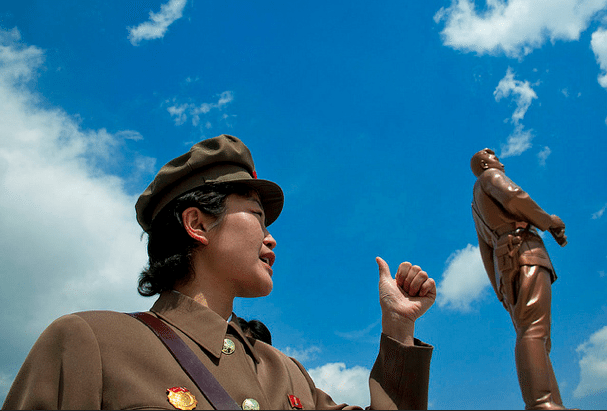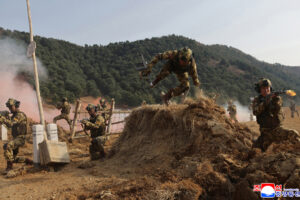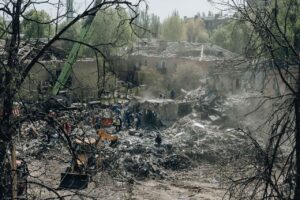By the mid-1950s, some 40,000 ethnic Koreans lived on the island of Sakhalin – then a newly acquired part of the Soviet Union (the southern part of the island was transferred from Japan in 1945). Most of them, being natives of what had become South Korea, dreamt about returning to their native land where many of them had families. However, because of the Cold War this was impossible, so they had no choice but to adjust to the realities of their new lives.
In the 1950s, the Sakhalin Koreans were overwhelmingly stateless people and, as a result, they faced a number of troublesome restrictions. According to the Soviet laws of the period, they were required to apply for a travel permit every time they wanted to leave their designated area of residence. Frequently, such legal demands were ignored. But such infractions were, where detected, punished with fines or could lead to problems at work. According to a collection of interviews and other oral history material, gathered by Sakhalin historian Yulia Din, frequent infringements of travel regulations were often punished by delays in providing new housing (in the USSR housing was largely distributed by the state, and waiting lists could be very long).
By the mid-1950s, some 40,000 ethnic Koreans lived on the island of Sakhalin – then a newly acquired part of the Soviet Union (the southern part of the island was transferred from Japan in 1945). Most of them, being natives of what had become South Korea, dreamt about returning to their native land where many of them had families. However, because of the Cold War this was impossible, so they had no choice but to adjust to the realities of their new lives.
In the 1950s, the Sakhalin Koreans were overwhelmingly stateless people and, as a result, they faced a number of troublesome restrictions. According to the Soviet laws of the period, they were required to apply for a travel permit every time they wanted to leave their designated area of residence. Frequently, such legal demands were ignored. But such infractions were, where detected, punished with fines or could lead to problems at work. According to a collection of interviews and other oral history material, gathered by Sakhalin historian Yulia Din, frequent infringements of travel regulations were often punished by delays in providing new housing (in the USSR housing was largely distributed by the state, and waiting lists could be very long).
Try unlimited access
Only $1 for four weeks
-
Unlimited access to all of NK News: reporting, investigations, analysis
-
Year-one discount if you continue past $1 trial period
-
The NK News Daily Update, an email newsletter to keep you in the loop
-
Searchable archive of all content, photo galleries, special columns
-
Contact NK News reporters with tips or requests for reporting
Get unlimited access to all NK News content, including original reporting, investigations, and analyses by our team of DPRK experts.
Subscribe
now
All major cards accepted. No commitments – you can cancel any time.










